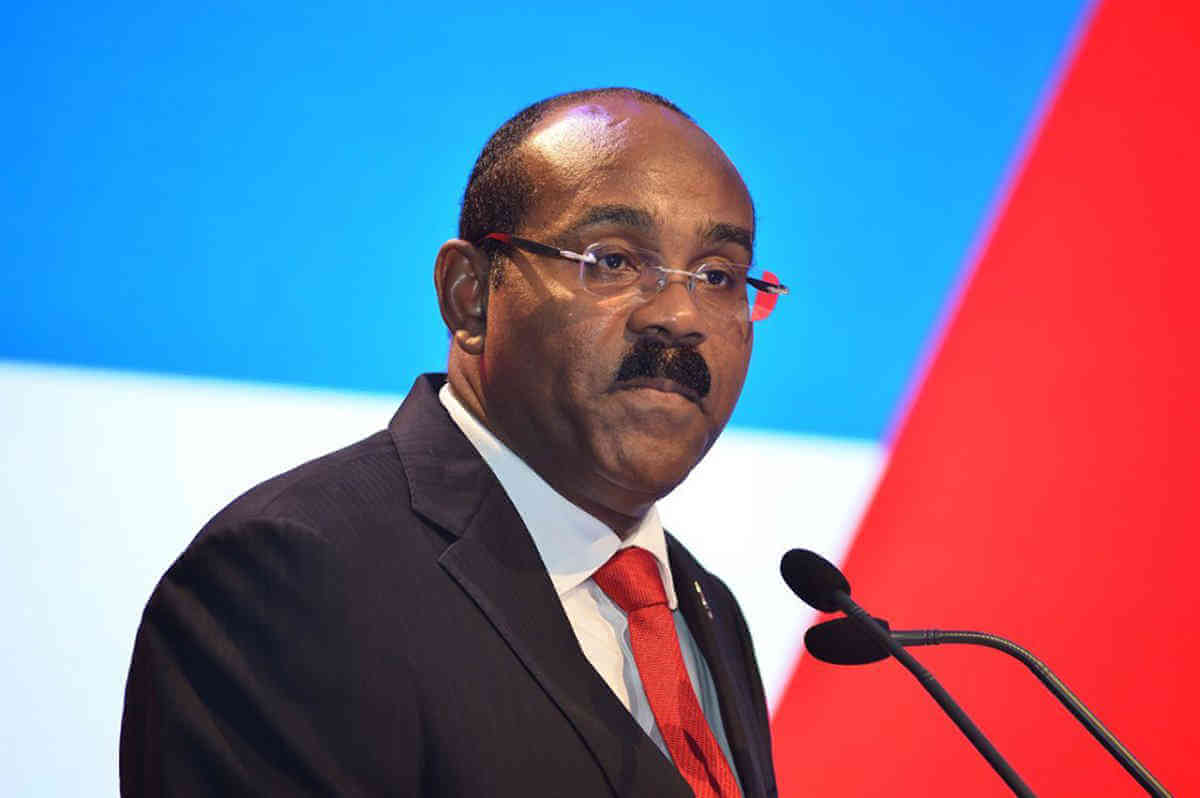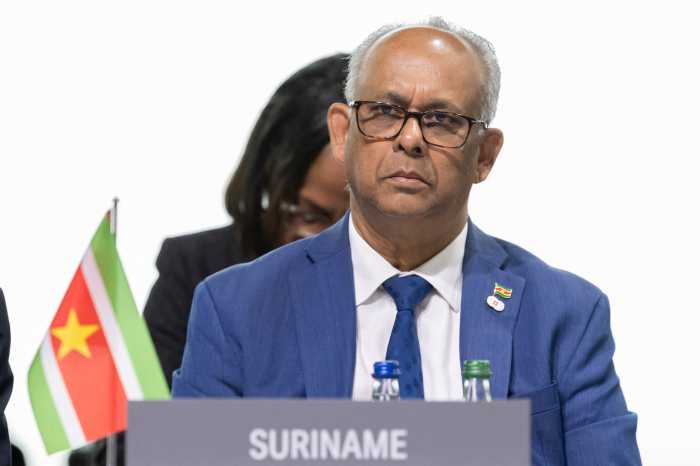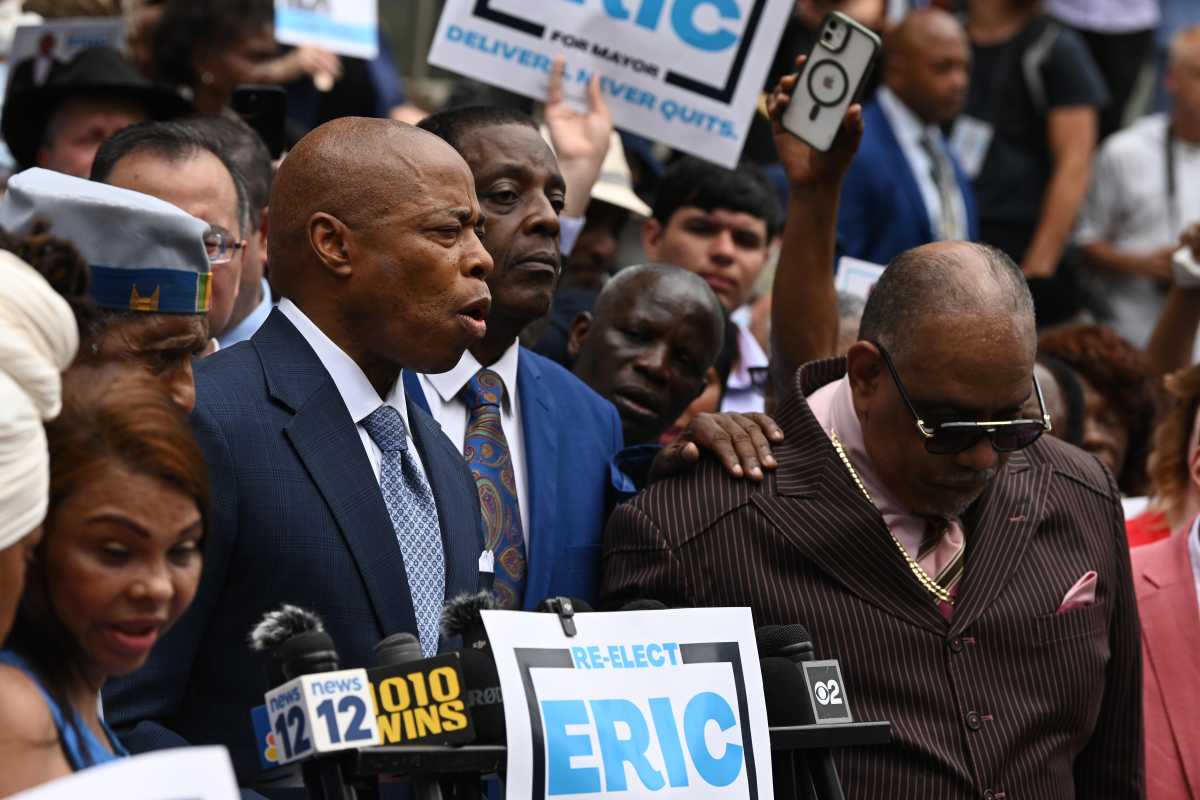Antigua
The Antigua and Barbuda government says the state-owned Antigua Public Utilities Authority (APU) will spend EC$80 million dollars in upgrading its facilities so as to make it more competitive in the telecommunications sector.
Prime Minister, Gaston Browne said APU would invest in its own sub-sea cable, adding that high-speed broadband is essential to provide wide enough bandwidth to facilitate all the modern industries that now operate globally on the Internet.
Last month, the telecommunications company Digicel said it was seeking a meeting with Browne after he accused the Irish-owned company as well as other providers with “raping” the people of Antigua and Barbuda.
The prime minister said that this year, APUA will invest $80 million, to acquire its own sub-sea cable and to democratize access to the internet through affordable, reliable and faster internet service to residents.
He dismissed concerns of the existing foreign-owned telecommunication providers.
Bahamas
The Central Bank of The Bahamas (CBOB) is seeking to implement measures that will ensure that banks maintain high-quality liquid assets to survive “stress event,”
The Bank has released a discussion paper on Implementing Basel 111; Liquidity Coverage Ratio (LCR) and Net Stable Funding Ratio (NSFR) for a 60-day consultation period.
The Basel Committee is an international forum of central bank governors seeking to improve the quality of banking to improve the quality of banking supervision worldwide and the CBOB said that the consultation period will run until Feb. 28, 2019.
The Central Bank said that while the Basel standard “is intended for much more complex banking systems and capital markets,” the standards proposed locally will be similar and cheaper to implement to carry out.
“This is in keeping with the Central Bank’s intent to develop prudential policies and regulations that balance safety, efficiency and competitiveness in the Bahamian banking system, while promoting financial system stability,” the bank said.
Barbados
The Ross University School of Medicine’s (RUSM) new campus recently opened its doors in Barbados.
Classes for the semester started in the new permanent home for RUSM in Barbados.
Prime Minister, Mia Mottley and Adtalem Global Education President CEO, Lisa Wardell, and several dignitaries and other community stakeholders attended the grand opening.
Mottley said the Government and people of Barbados warmly welcome the students, faculty and staff of Ross University to their new home on the island.
The Prime Minister expressed the hope that the visitors would “grasp the opportunities to become immersed in our culture.”
She said Barbados partnership with Adtalem Global Education is indeed a valuable element in this country’s thrust to expand its reach in the area of education and tourism.
In addition to the build-out of the academic facilities at the Lloyd Erskine Sandiford Center, RUSM has also completed construction of a living community for students at the Villages at Coverley.
With the help of the Barbados government, RSUM has established a busing cooperative with local transportation business owners to transport students between Coverley and the campus.
The annual economic impact for RUSM in Barbados is estimated to be between $55-$60 million.
Caribbean
Human rights group Amnesty International has renewed its call for all Caribbean governments to take steps towards abolishing the death penalty once and for all.
This as the organization acknowledged the 10th anniversary of the last execution being carried out in the Caribbean.
The last execution to take place in the region was on Dec. 19, 2008, in St. Kitts and Nevis.
In a news release, Amnesty International noted the ruling of the London-based Privy Council in the Pratt and Morgan vs Attorney General of Jamaica in a case where it was ruled that no execution is to take place more than five years after sentencing as such a delay constitutes “inhumane or degrading punishment or other treatment.” The historic ruling was made in l993.
At that time, at least 301 people were known to be under the sentence of death in the English-speaking Caribbean.
As a result of the judgment, the death sentences of hundreds of prisoners have since been commuted to life imprisonment.
Amnesty International noted that as a result of the judgment, only about 80 people were known to be on death row at the end of 2017, 73 percent fewer than 1993.
Trinidad and Tobago remains the Caribbean country with the highest number of people still on death row.
Trinidad and Tobago carried out its last execution in 1999.
Dominica
The Dominica government has taken back some 27 acres of land which it had leased to the US-owned Ross University that was relocated to Barbados last year.
Prime Minister Roosevelt Skerrit said the property which housed the Ross University belonged to the State as per an agreement between the government of Dominica and Ross University back in 1994.
Skerrit said he was pleased that the off-shore medical institution “had come to that understanding” and as a result Dominica is now in a better position to continue discussions and negotiations with a possible replacement.
Last year, Ross University left Dominica under controversial circumstances after having been on the island for the past 40 years.
Prime Minister Skerrit had hinted that his administration was prepared to take legal action against the university regarding the ownership and occupation of the buildings on the lands that have been leased to the offshore medical institution.
The university has defended its decision to relocate to Barbados saying it had been taken “after considerable deliberations, including a review of our academic and infrastructural requirement and future plan.”
Jamaica
The Jamaica government says it is taking stringent measures towards protecting the nation’s children, including strengthening key pieces of legislation.
Prime Minister Andrew Holness has signaled government’s intention to keep international commitments to protect children, by providing “comprehensive coordinated and multi-sectoral services for preventing and responding to violence.”
He said the government is pursuing several initiatives which demonstrate the importance that is placed on matters impacting children.
The prime minister said this plan of action is a comprehensive one that looks at the various underlying issues that make children vulnerable to violence and identifies meaningful intervention that can be taken to prevent and minimize the incidence of violence.
Trinidad
The Trinidad and Tobago government has set Jan. 23, 2019, for the first public consultation on the decriminalization of marijuana in the country.
Attorney General, Faris-al-Rawi will host the first in a series of consultations from January to March this year.
A release from the Attorney General’s Office said the conversations will engage citizens across Trinidad and Tobago, including professionals, medical practitioners, secondary and tertiary level students.
Last month, Prime Minister, Dr. Keith Rowley said marijuana is likely to be decriminalized in Trinidad and Tobago by mid-2019.
But he stressed that decriminalization was not the same as legislation.
The prime minister noted that many young men end up in jail for having a marijuana “joint” and “rot” behind bars because they cannot afford bail.
He said this was a social injustice that needs to be addressed.
— Compiled by Azad Ali


























